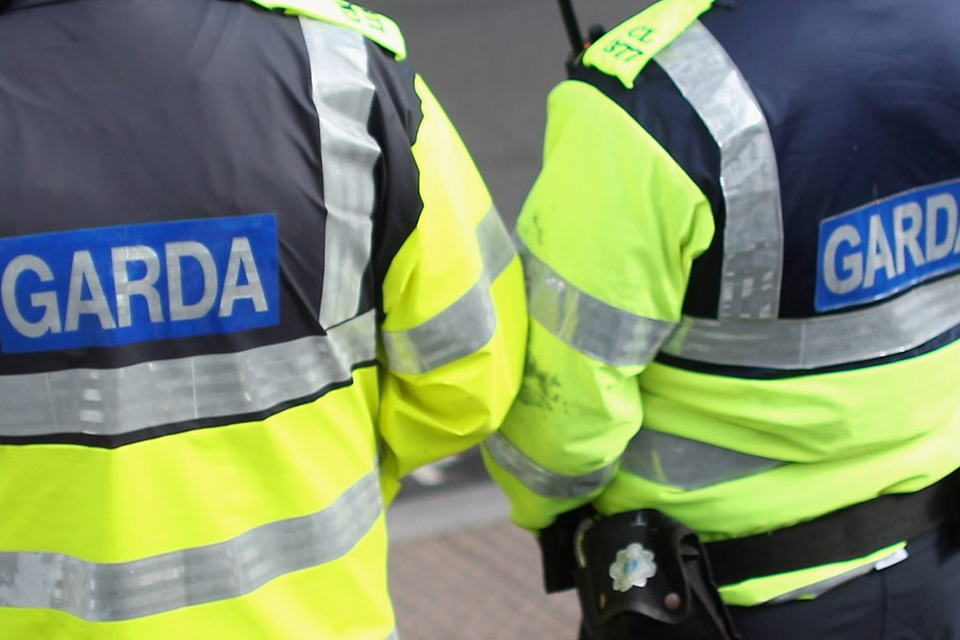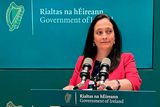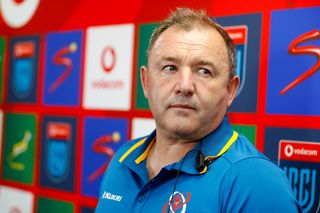Brinkmanship by GRA holds public to ransom
Photo: Getty
Retreating into a cave which has only one opening is always a dangerous manoeuvre, and this is especially true in industrial relations.
Competing demands from public service unions have taken on a distinctly menacing tone: 'Give us what we want, or else'.
We saw this with the Luas and bus workers. Sadly, the gardaí are now lining up to withdraw their essential services, reflecting the same indifference to the consequences for the people who rely on them. Such action could seriously undermine confidence and trust that characterises a unique relationship with the public. No one wants to believe the gardaí are nonchalant regarding the grave consequences such action would have, but that is the perception in the hardening of positions.
Yesterday, Justice Minister Frances Fitzgerald insisted everything was being done to prevent a gardaí strike. She has pledged to invite the Garda Representative Association (GRA) to meet her this week. As things stand , the GRA plans "a unilateral withdrawal of services" on November 4, 11, 18 and 25. This would be disastrous.
Ms Fitzgerald said the Government was conscious of the difficulties facing gardaí but must also think of the wider public sector. There is no one in this country unaware of the extraordinary service provided by the gardaí. But the minister faces constraints; room for manoeuvre has to be bounded by reality. Sitting down to find common ground must be done by the two sides sooner rather than later.
Far better that this be done in an atmosphere of trust as opposed to one of threats. The rank of minister comes, like all ranks, with responsibilities. But members of the public service, paid out of the tax take, also have responsibilities. Ms Fitzgerald says she has no contingency plans for a strike - even if she had, she would hardly be inclined to reveal them. Such dangerous games of brinkmanship between unions and Government, with the public held as a hostage to fortune, will only end badly for all.
Why Ireland must set its own agenda on Brexit
It would seem as if the paralysis of procrastination and hyper-analysis over Brexit is finally over. The realities are now all too apparent, and Taoiseach Enda Kenny has tipped travel and trade as the main issues of concern for us. After a relationship with Brussels of 46 years, few expected the divorce from Britain to be anything other than difficult.
Mr Kenny says Ireland must be focused on the impact of any negotiations. It must be more than focused – it must be decisive and vocal at the table. Foreign Affairs Minister Charlie Flanagan spoke frankly about the prospect of what would be the ruinous reintroduction of a hard Border – which entails the return of checks, car stops and heightened security risks.
Mr Kenny pointed to our vital priorities, amongst which the peace process must be pivotal. Yet it was scarcely mentioned in the debate over Brexit. Ignoring it once more would be a catastrophic error of judgment.
The Taoiseach is quite correct in describing the UK’s withdrawal from the EU as one of the “greatest challenges to face Europe and Ireland for many years”.
Maintaining good relationships with Britain while also keeping in step with the European agenda in the future will be a delicate and immensely difficult task. That is why Mr Kenny should heed the call made by this paper, and by others, for the appointment of a minister with responsibility for managing Brexit. Theresa May has laid out her stall. We must be equally clear on where our red lines lie and not stand by as the agenda is set by others.
Join the Irish Independent WhatsApp channel
Stay up to date with all the latest news















